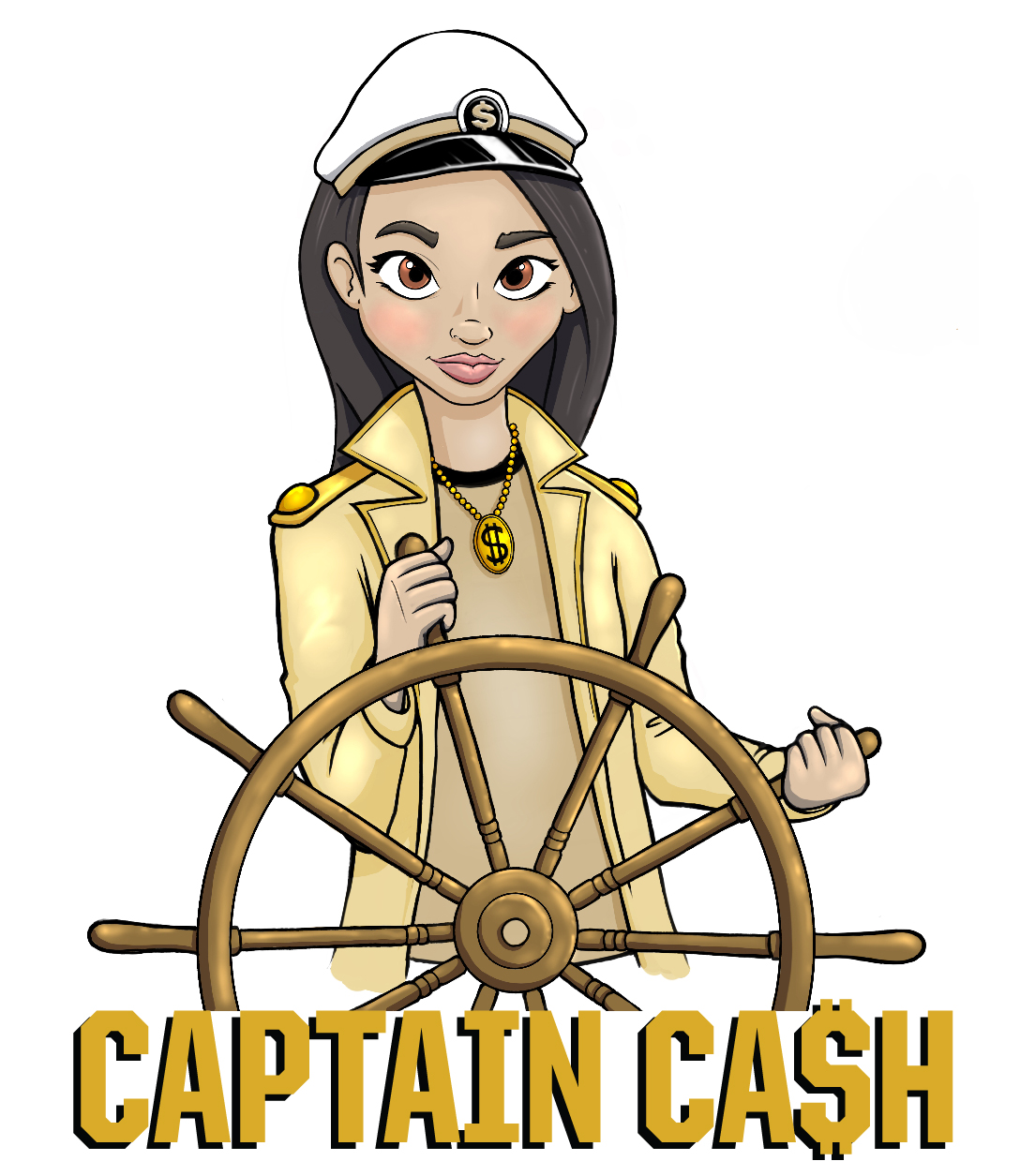Below are select financial-related programs offered by Purdue Extension Health and Human Sciences Educators. For additional financial programming topics and options, please contact your local county Extension office.
Captain Cash
|

|
|
Captain Cash is an interactive educational program designed to teach basic financial management skills to your students. Along with learning basic financial concepts, students learn and practice important life skills to foster self-sufficiency such as communication, decision-making, problem-solving, managing resources, planning, and organizing.
Learn More
|
Empower Me to be Clutter Free
|

|
|
Clutter is a disordered collection of things that impedes movement or reduces effectiveness. Empower Me to Be Clutter Free is an educations program that can be offered in one, two, or three sessions, either in-person or online. The sessions are as follows:
- Session 1 – Provides de-cluttering strategies and discusses the emotional barriers that often prevents us from letting go of our things.
- Session 2 – Addresses paper clutter.
- Session 3 – Discusses how to store your things so that you can maintain the order you’ve created in your home or office.
All sessions last approximately one hour.
|
Investment Risk Tolerance and Current Financial Stress Assessments
|

|
|
Investing for your future can be both risky and stressful – but it doesn’t have to be. With so many investment choices available how can you know where to start? Investments with high risk with the opportunity to make lots of money-but at the same time potentially lose all the money you’ve put in- or more conservative ventures? Do you make those decisions alone or with the assistance of a professional? And if you are already feeling stressed due to your finances, could that affect the investment decisions you make?
Take the Investment Risk Tolerance and Current Financial Stress Assessments. Your answers to the questions asked in both surveys will assist your investment strategy focus as you gain knowledge of your ability to tolerate investment risk. You will also learn your current level of personal financial stress.
Learn More
|
Planning for a Secure Retirement
|

|
|
Being able to retire when you want and how you want is important to many people. Planning ahead can put you in a position to live comfortably during your retirement.
The objective of this course is to help you with your planning for retirement. Each of the ten modules within this course provides information that can be valuable in answering the questions you need to consider as you make your plans. The modules include specific goals, activities to complete, and sources for more information.
Learn More
|
Staying Scam Safe
|

|
|
Has someone contacted you unexpectedly? Have they promised you something? Have they asked you to do something?
People all around the world are affected by scams every single day. This free educational program will cover some common types of scams, provide you with proactive steps you can take to protect yourself and your information, and show you where you can go to report scams or frauds that have taken place.
|
Where Does Your Money Go?
|

|
|
Do you know where your money goes? Most of us don’t. Where Does Your Money Go is a program designed to help you better understand how you spend your money.
Where Does Your Money Go? (WDYMG) is a program designed to help consumers better understand how they spend their money. Program activities include determining your spending priorities and habits as well as creating a spending-savings plan
Learn More
|
Who Gets Grandma’s Yellow Pie Plate?
|

|
|
Who Gets Grandma’s Yellow Pie Plate? addresses common decision making obstacles when passing on personal possessions. It will help you and your family to:
- Recognize the sensitivity of the issues
- Determine what you want to do
- Decide what’s fair for your family
- Understand belongings have different meaning to different individuals
- Consider distribution options and consequences
- Agree to manage conflicts if they arise
|






